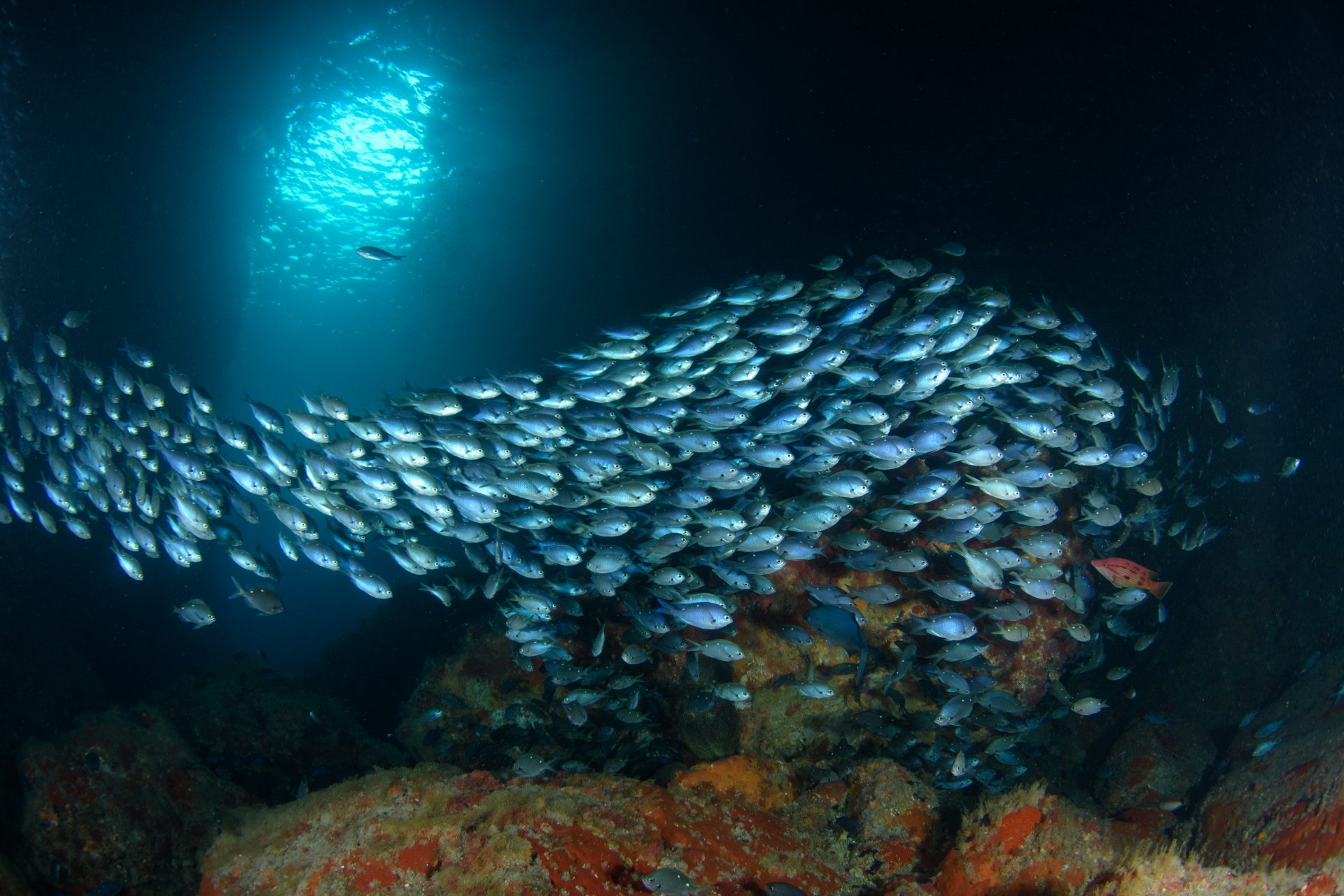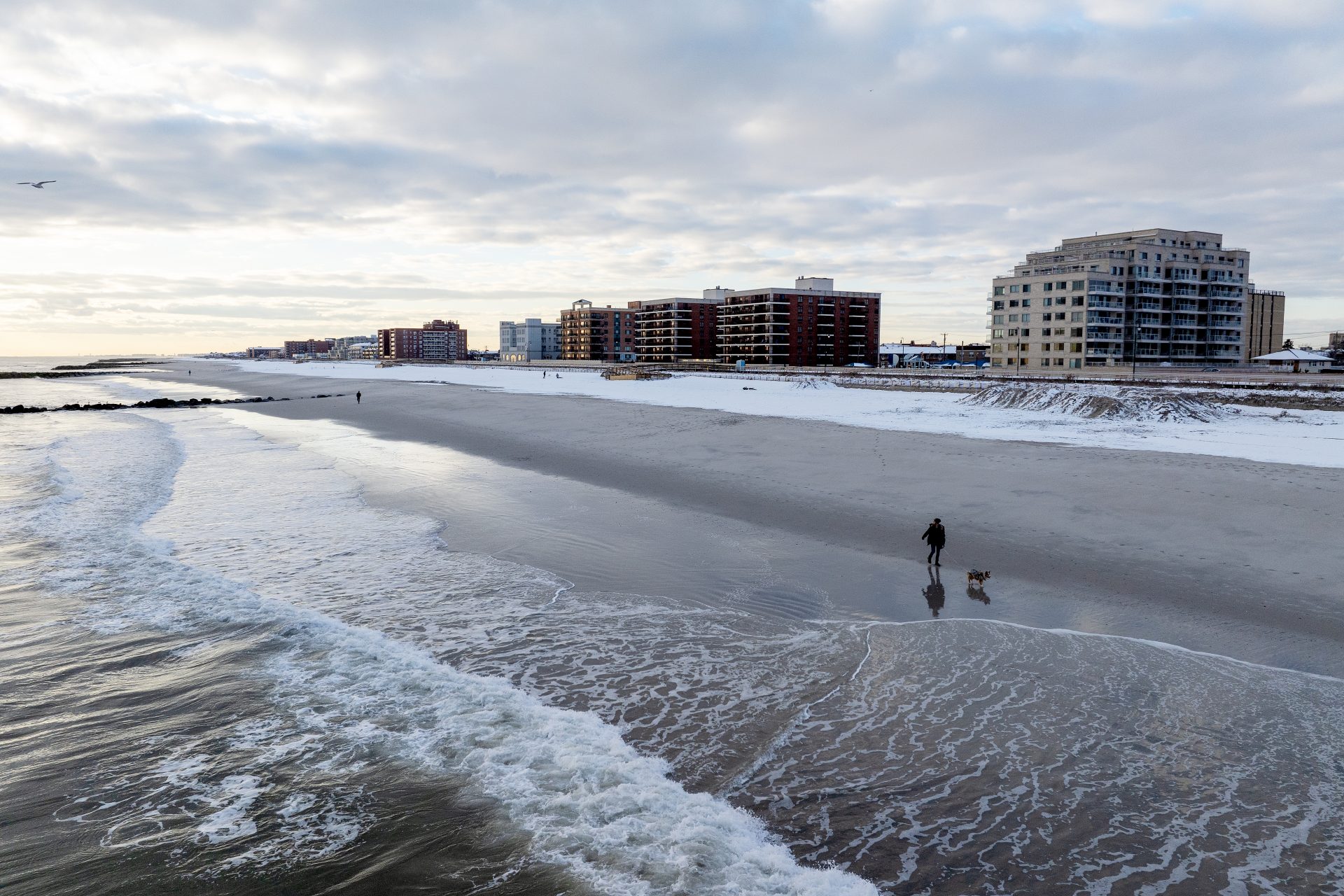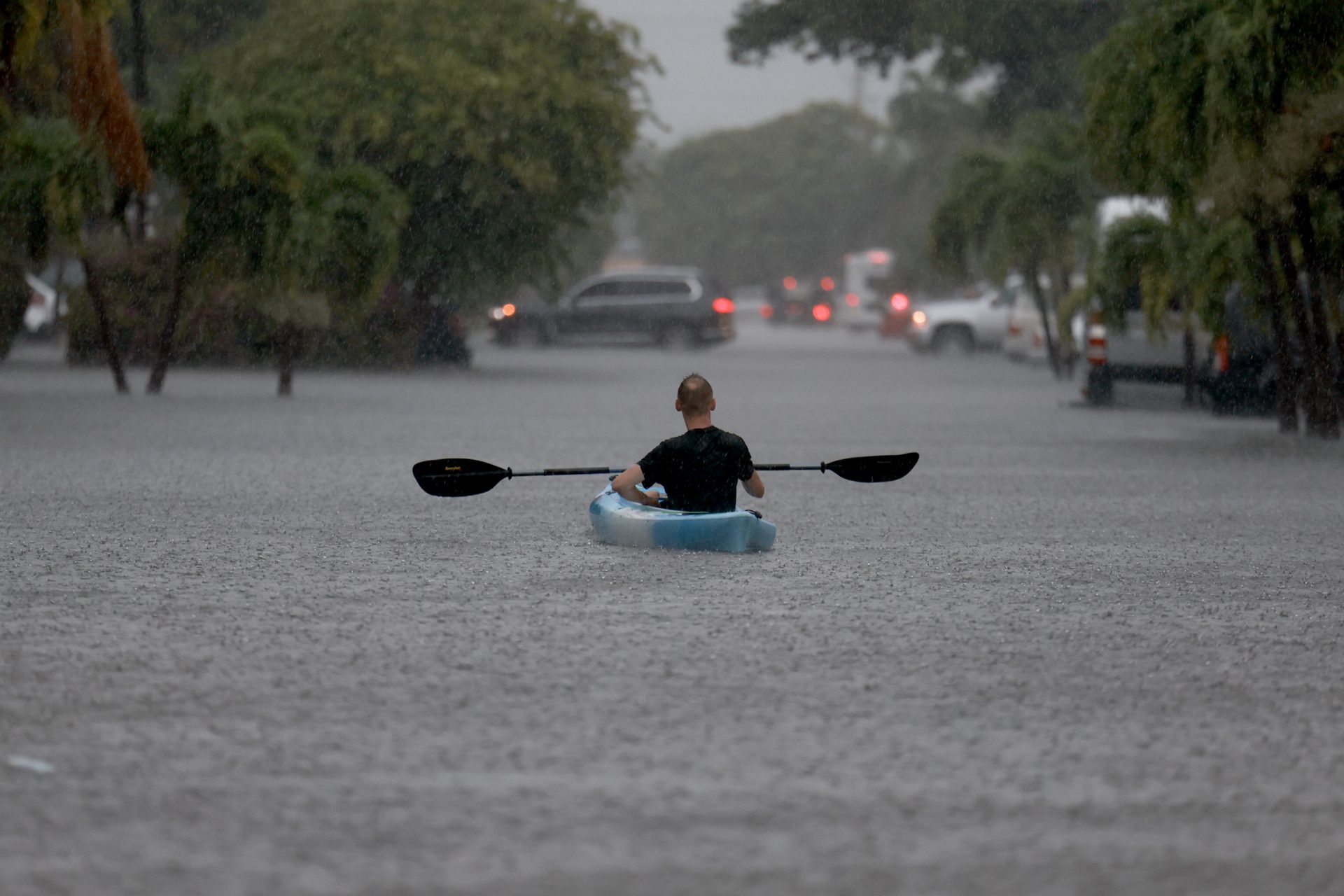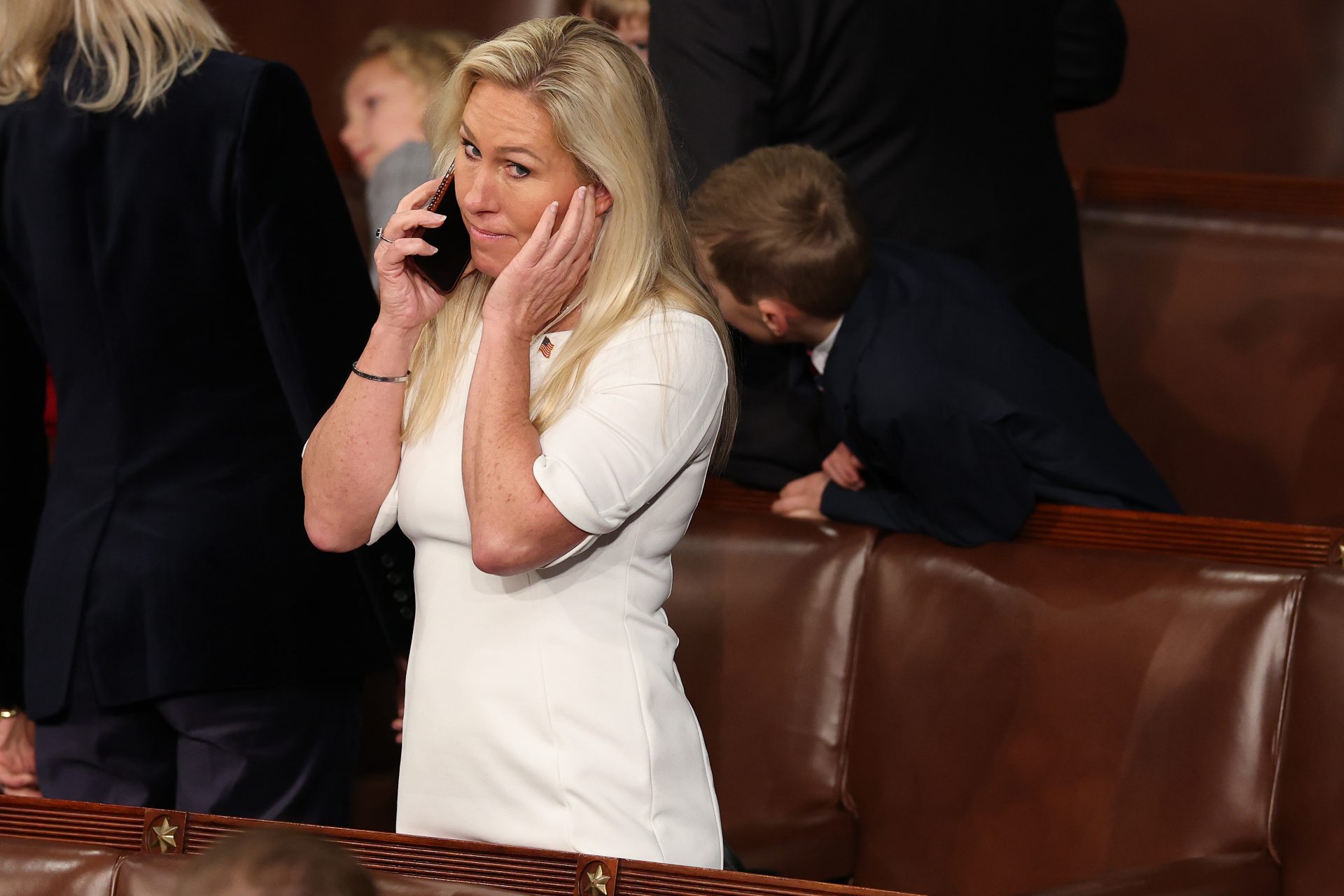The 'nurseries of the sea' are disappearing at an alarming rate
Oceans are the source of life in our planet. However, despite being linked to the origin of every living being in our world, they are at risk.
National Geographic describes estuaries as the place where a freshwater river and the ocean meet. A source of food, water, and transportation, major cities such as New York, San Francisco, Tokyo, and Jakarta have grown around estuaries.
Nicknamed the “nurseries of the sea”, these ecosystems are also home of many birds and marine life, particularly fish we consume. However, they might be in danger.
British newspaper The Guardian reports that a new study reveals that nearly half of the world’s estuaries have been affected by humans, with 20% of them being destroyed in the past 35 years.
The study, published by Earth’s Future, measured over 2,300 estuaries between 1984 and 2019, shows that more than 250,000 acres (roughly 100,000 hectares) of estuary have been converted into urban or agricultural land.
According to the study, and highlighted by The Guardian, over 90% of these losses have occurred in Asia.
Interestingly enough, high-income countries are the places where the least number of estuaries have been affected in the past decades.
This is likely due to extensive estuary alteration taking place many decades, or even centuries prior, during the rapid growth and industrialization of most developed countries today.
Some problems estuaries face include pollution, and overfishing. However, National Geographic explains that estuary loss not only affects fish, birds, but also human beings.
Estuaries function as a natural barrier to ocean waves, which can erode the shoreline and increase the conditions for flooding, a growing concern due to climate change.
According to The Guardian, some high-income countries have started to enact especial protection for estuaries, such as the Tees estuary in northern England.
Image: _judenorman / Unsplash
Still, there is a lot of work to be done to protect the estuaries of the sea and, in turn, having them to protect and provide for us.
More for you
Top Stories

























